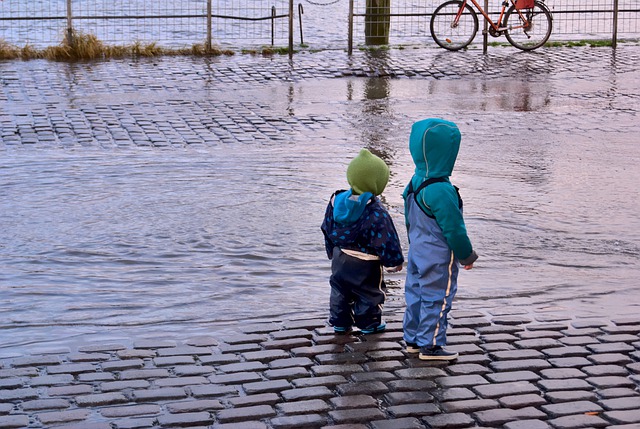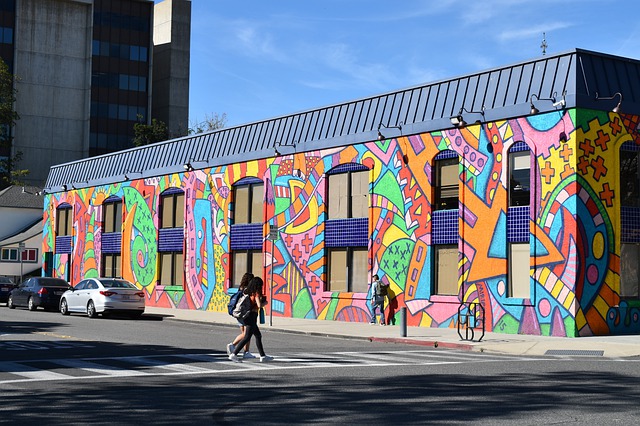An alternative school is a type of school that operates within or outside the state-run school sector, where new, non-standard forms, content and methods of education are applied that are not generally applied in “traditional” schools. A type of school in which new, non-standard forms, content, and methods of education are applied that are not generally applicable in “traditional” schools. The basis for the emergence and existence of alternative schools today is the reformist pedagogy that began to take shape at the end of the 19th century and especially in the early 20th century. The concept was based on the ideas of J.J. Rousseau, J.J. Pestalozzi, and L.N. Tolstoy, whose common and unifying point of departure was, above all, a criticism of the old traditional schools and a change in attitudes toward children.
When did Montessori pedagogy emerge?
Maria Montessori (1870-1952), an Italian physician, educator, and promoter of the struggle for the rights of children and women, is considered the founder of this approach. The main motto of Maria Montessori\’s pedagogy is the statement, “Help them to do it themselves.” Montessori\’s pedagogy emphasizes the child\’s free development and independent behavior.
The main tenets of the alternative approach
The basic tenets of education include adapting the environment to provide sufficient stimulation to practice activities of daily living and self-care. For example, external modifications to the workspace (lowering door handles or sinks). Teaching aids such as blocks, rollers, balls, needles of different colors and sizes, jigsaw puzzles, picture alphabets, and animal sets are provided to develop sensory, intellectual, and language skills. The Montessori approach is based on the fact that children can focus on a particular activity for a relatively long time, i.e., they concentrate on what they do spontaneously.
Montessori is not for everyone
In Montessori, everything is authentic. No plastic cups are used; children use real glass cups. No plastic butter knives are used; children use real sharp knives. The reason for this? Children need to learn that things can be broken. They drop a plastic cup and nothing happens, so they assume that whatever they drop will not break. In my opinion, this is a dangerous approach. Who among us would give a three-year-old a sharp knife or a pair of glasses to play with?
One of the most common Montessori teaching methods is that the child can influence his or her own education. If a child is interested in something, he or she can pursue it. No one can force them to do something they are not interested in. But isn\’t that the bottleneck? For example, a 2.5 year old child can write his name without any problem, but another 7 year old child cannot sign his name. Because he is not interested in it, and therefore, according to the Montessori method, he does not need to do it, he cannot; is it right that a 7-year-old child cannot sign his own name?
As far as teachers are concerned, Montessori teachers should not praise, grade, or correct. The teacher should only support the child\’s choices and guide the child\’s decisions. Everything is in the child\’s hands. The child feels successful even without praise. But doesn\’t everyone want to be praised at times?